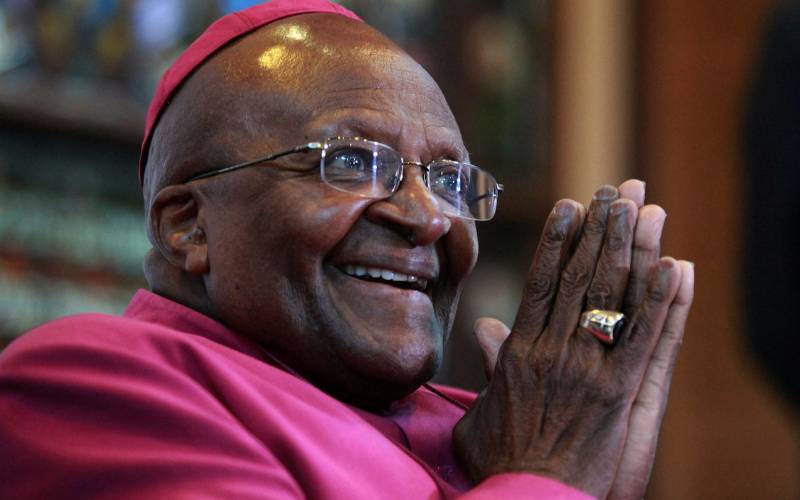×
The Standard e-Paper
Stay Informed, Even Offline

Eulogised by the world, Archbishop Desmond Tutu will be laid to rest in the humblest of coffins. [Courtesy]
This world bids farewell to one of the world’s most remarkable human beings this morning. Arch-Bishop Desmond Tutu made an astonishing transformation from one of the most hated South Africans in the 1980s to an international icon upon his death. What could his transition mean for us?